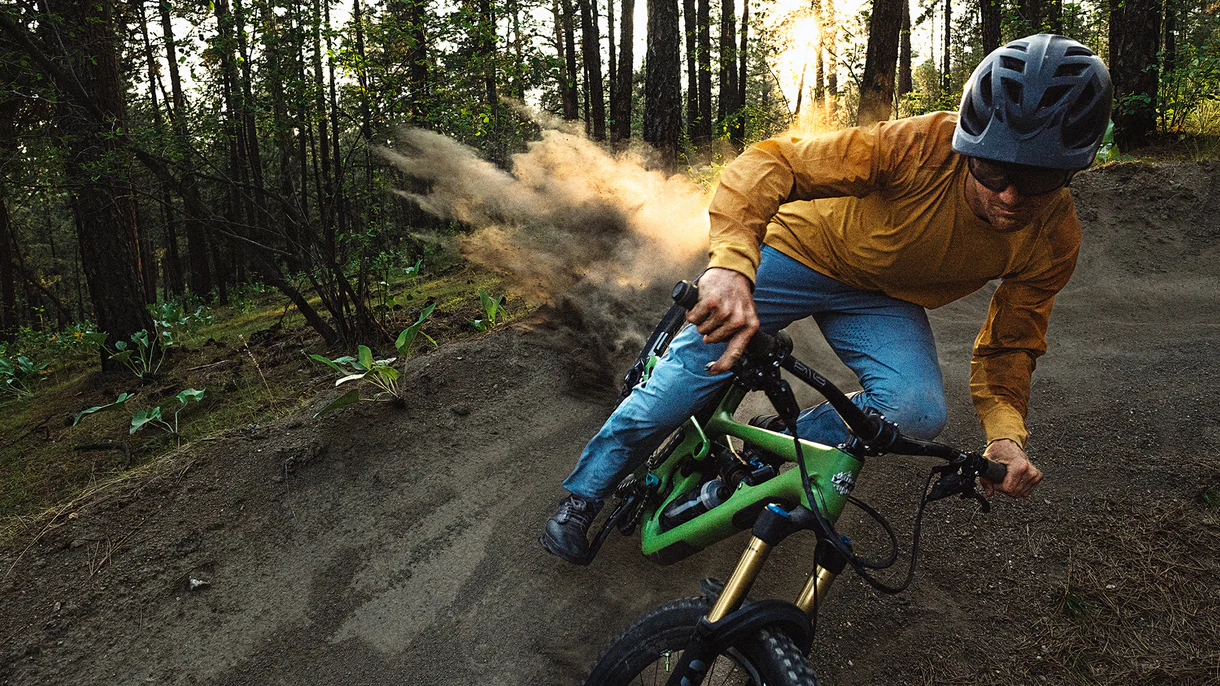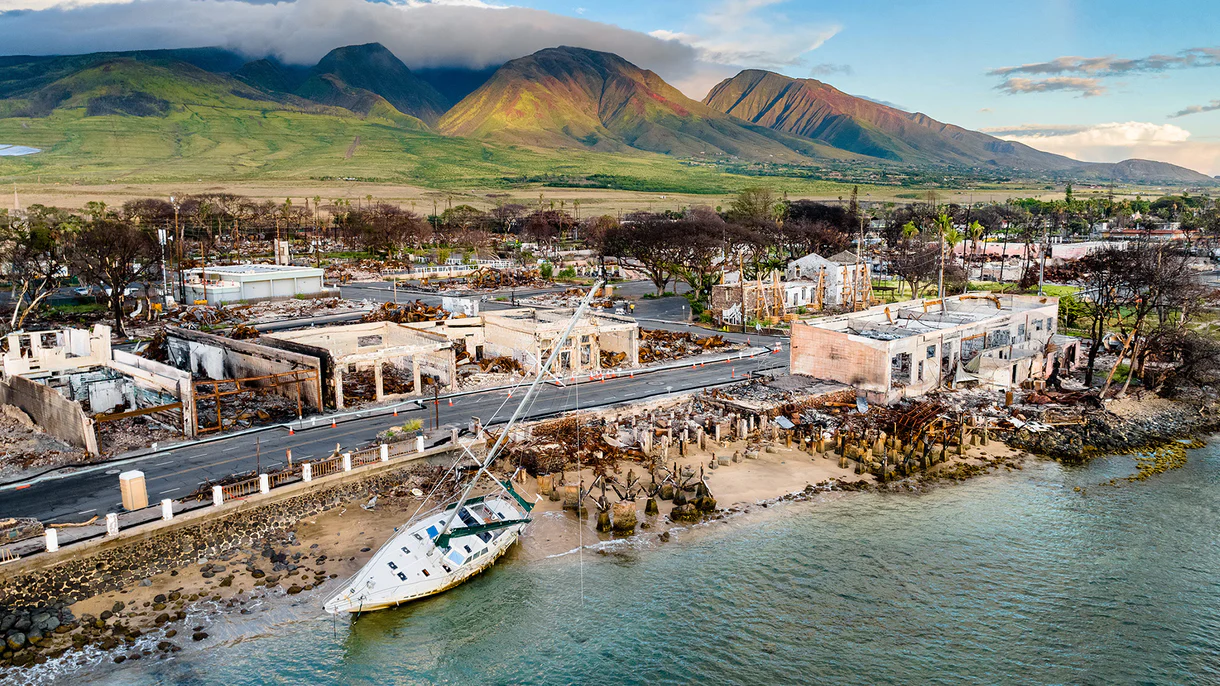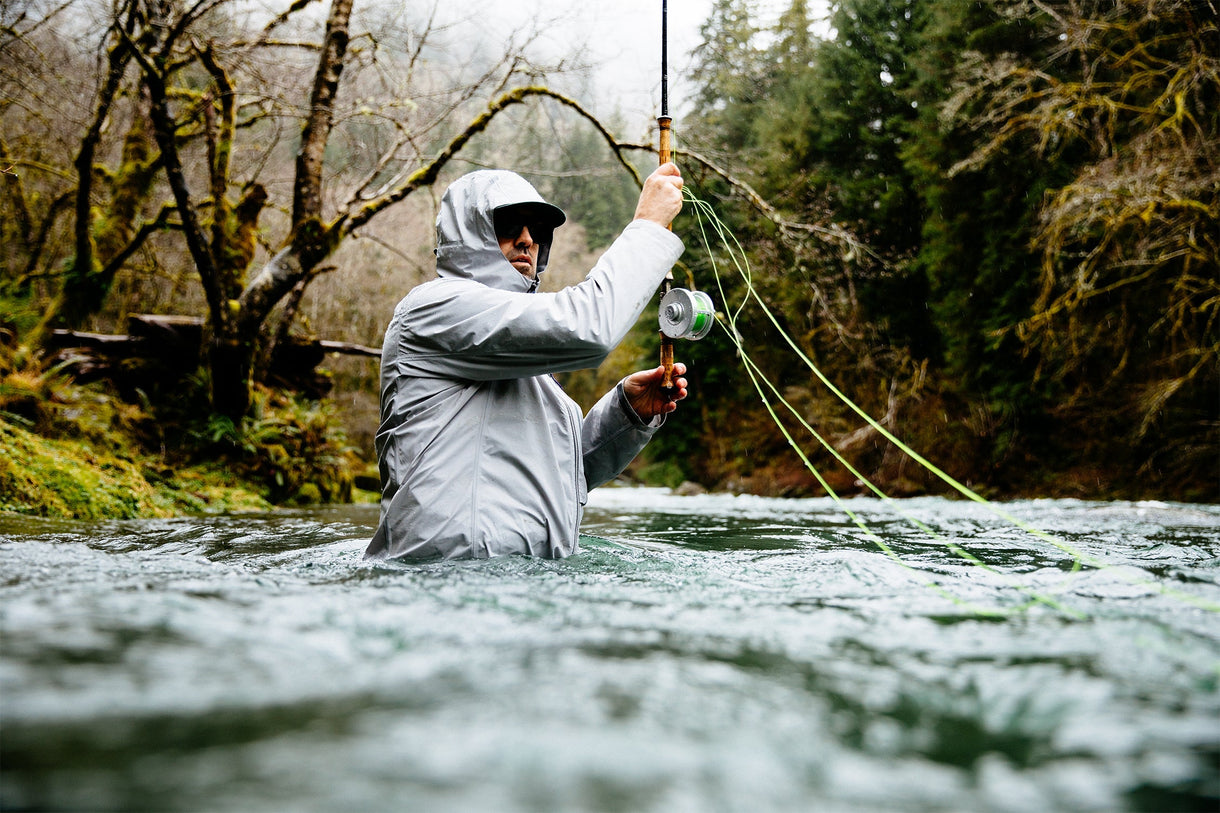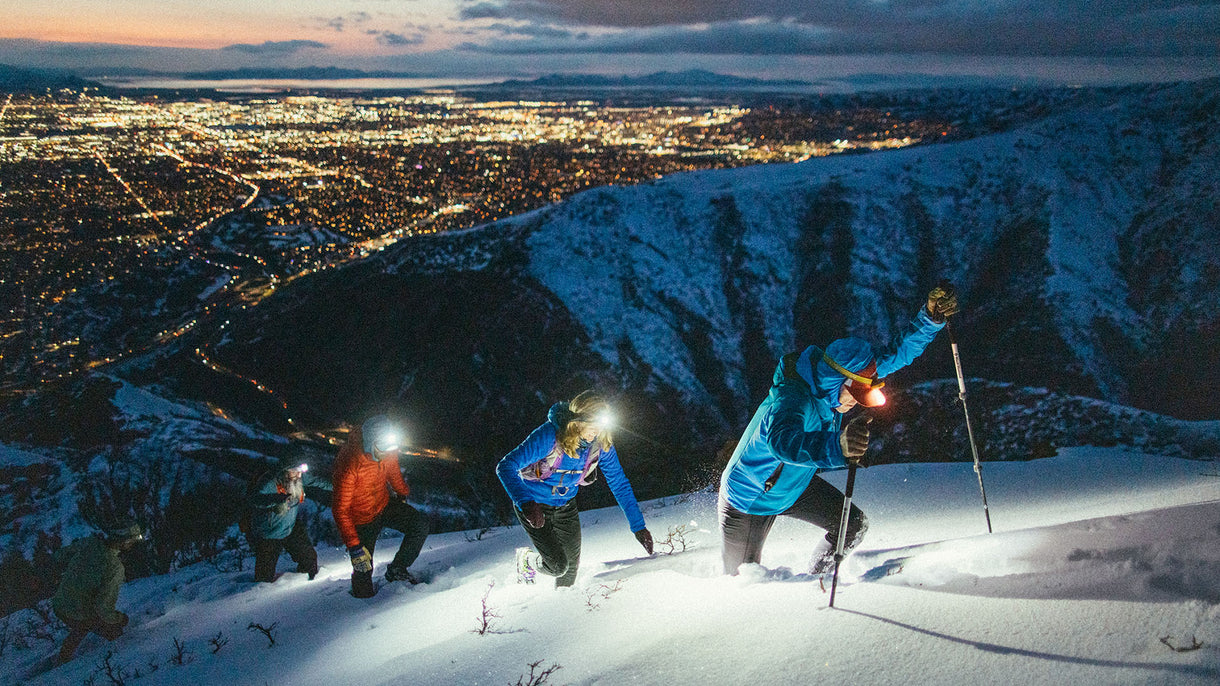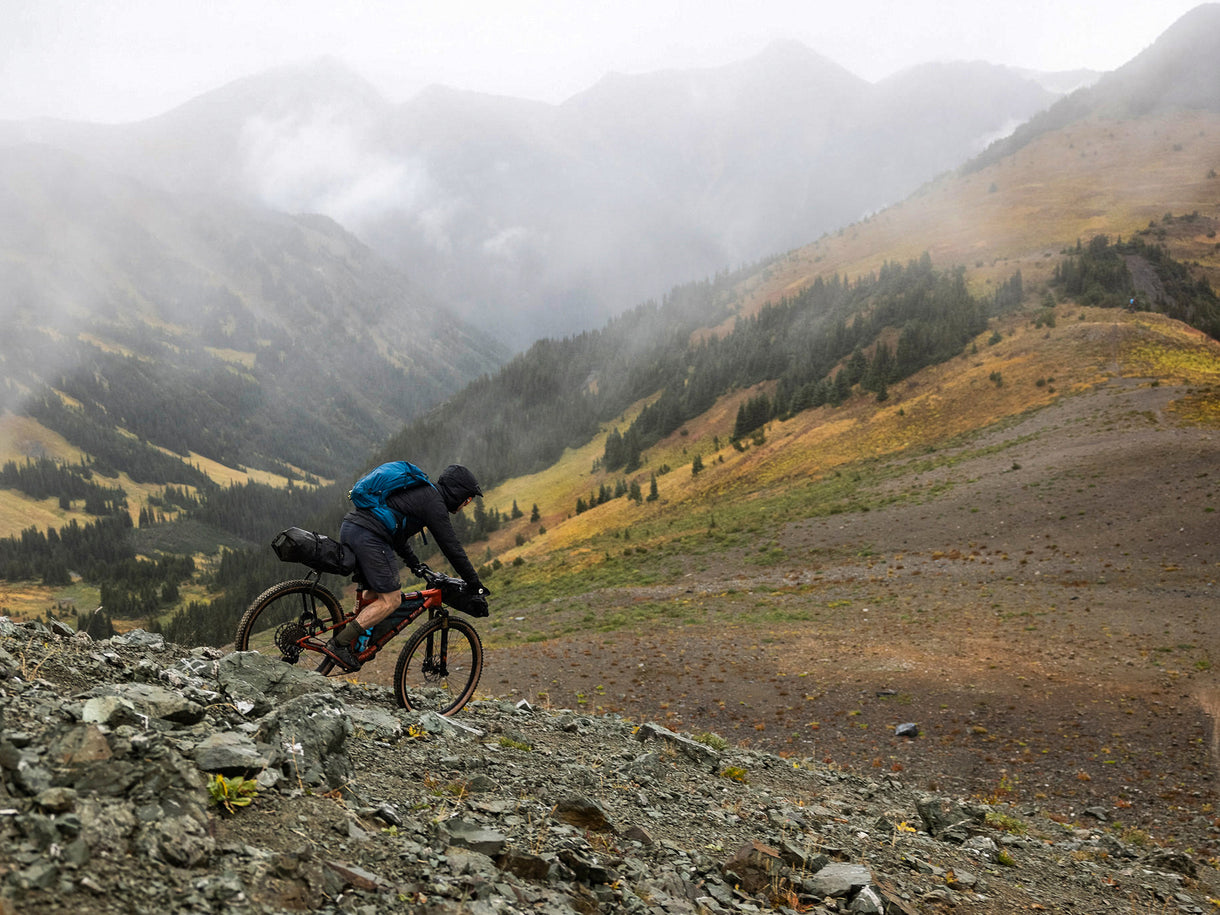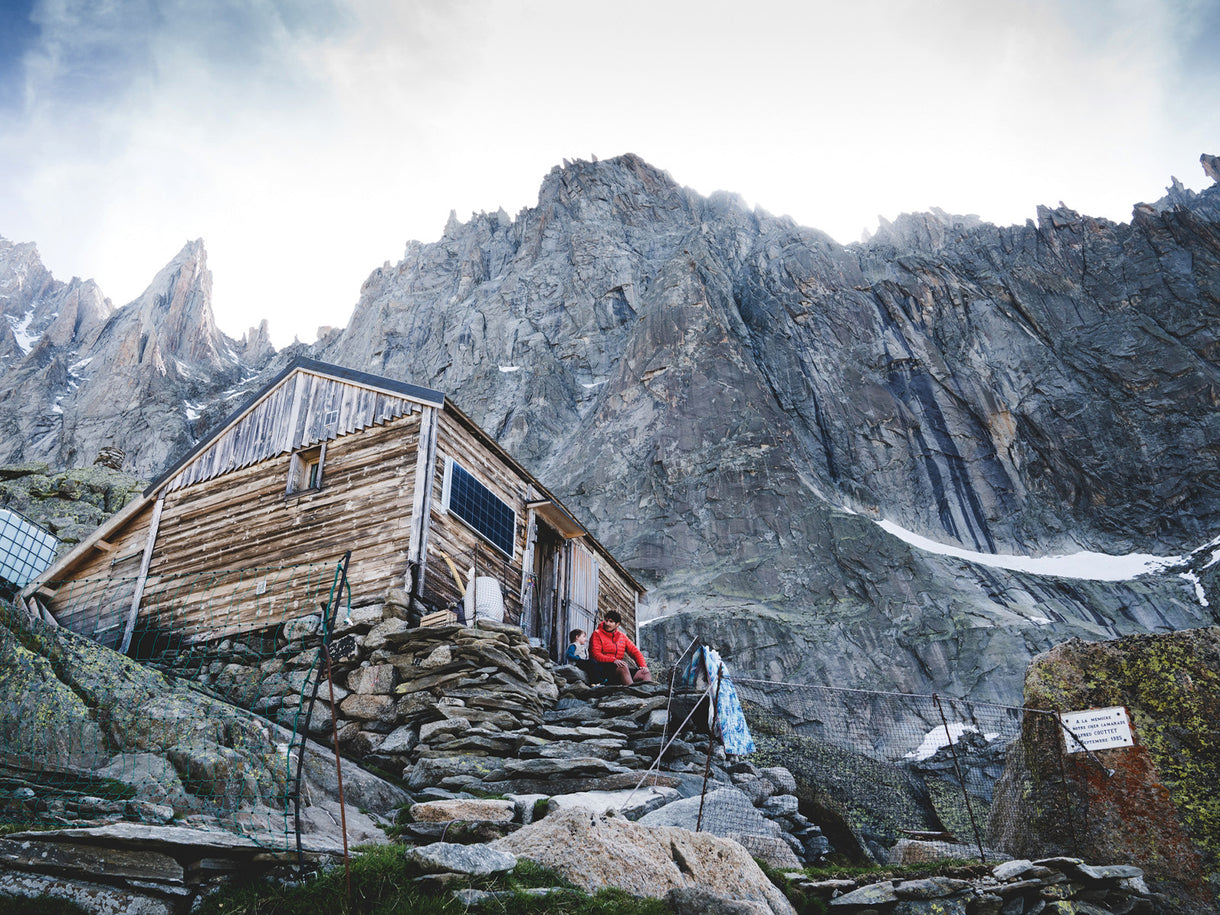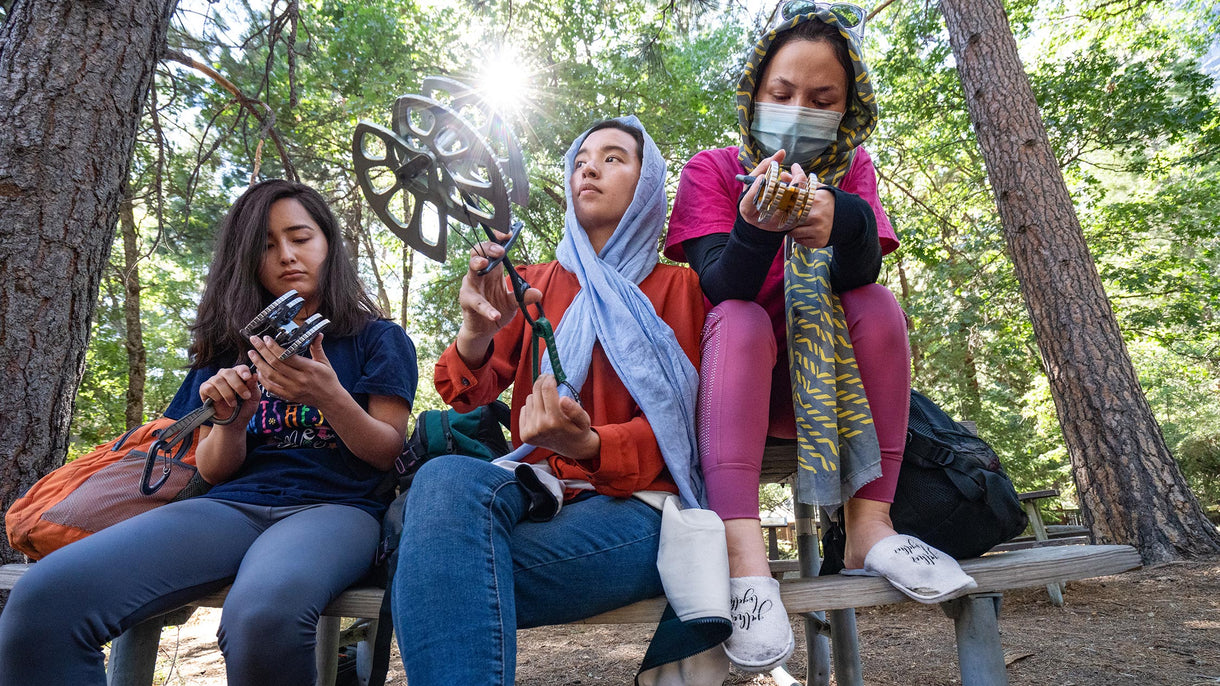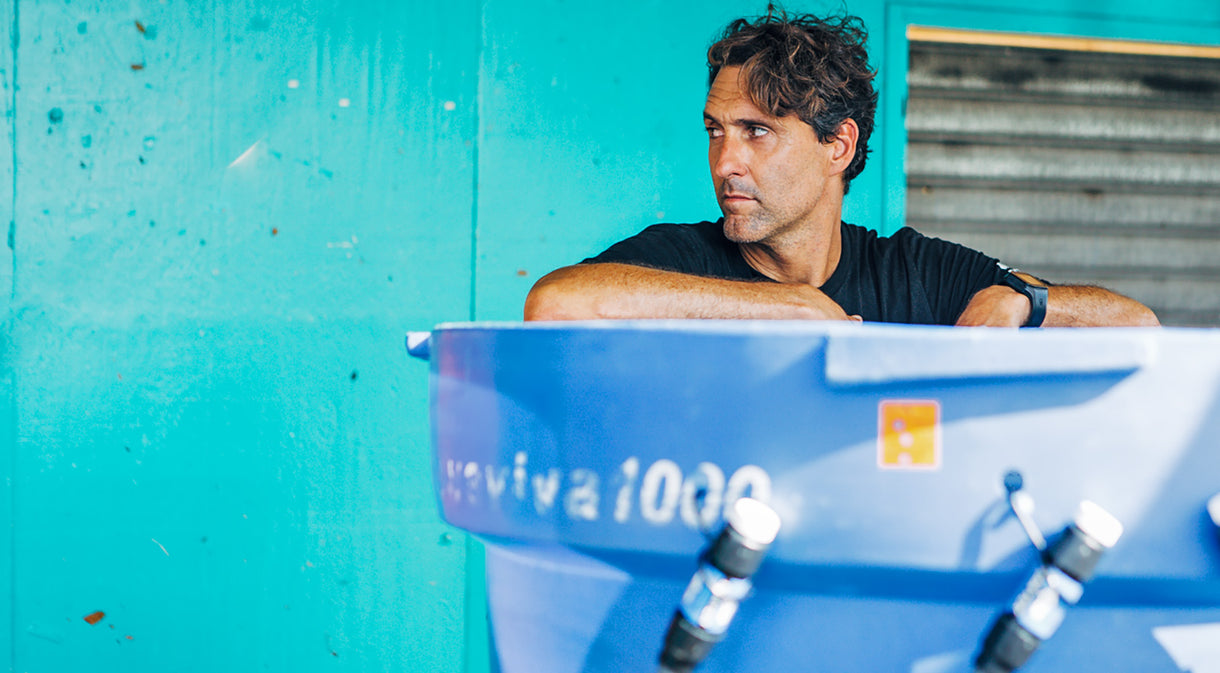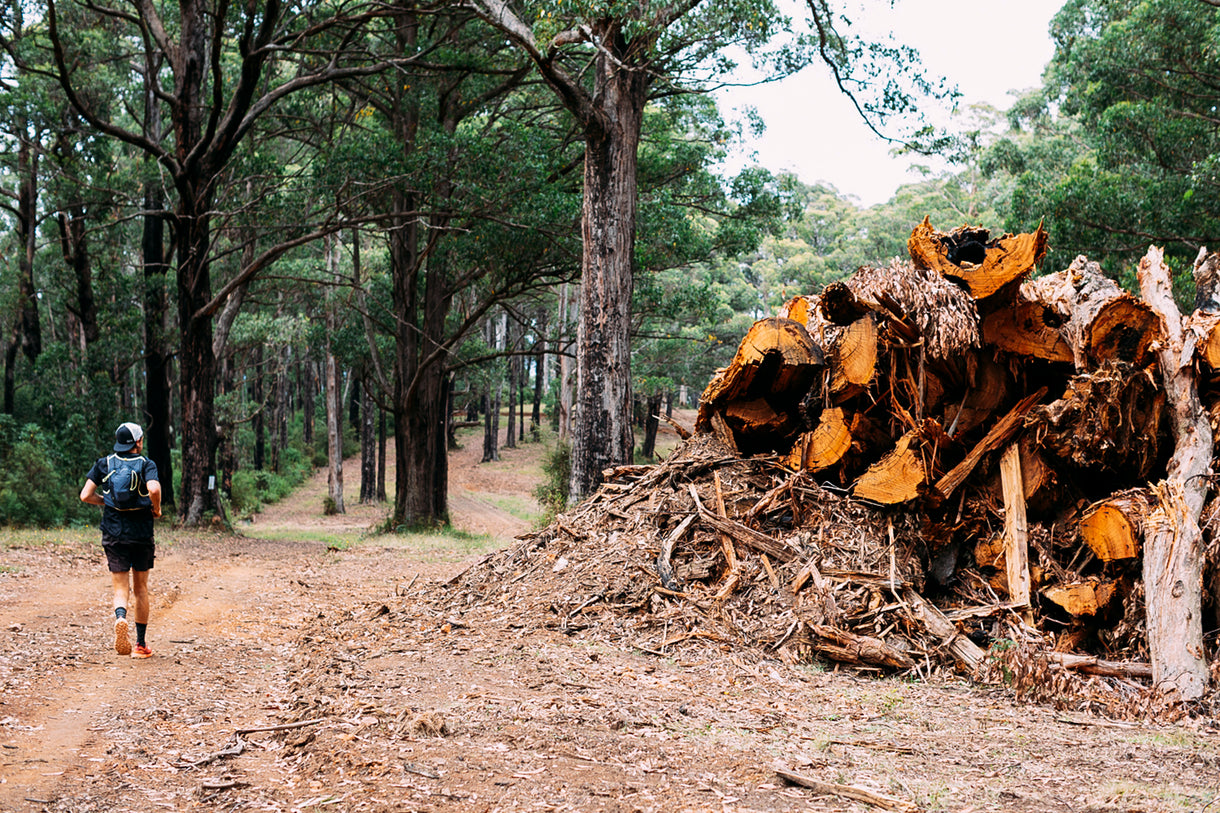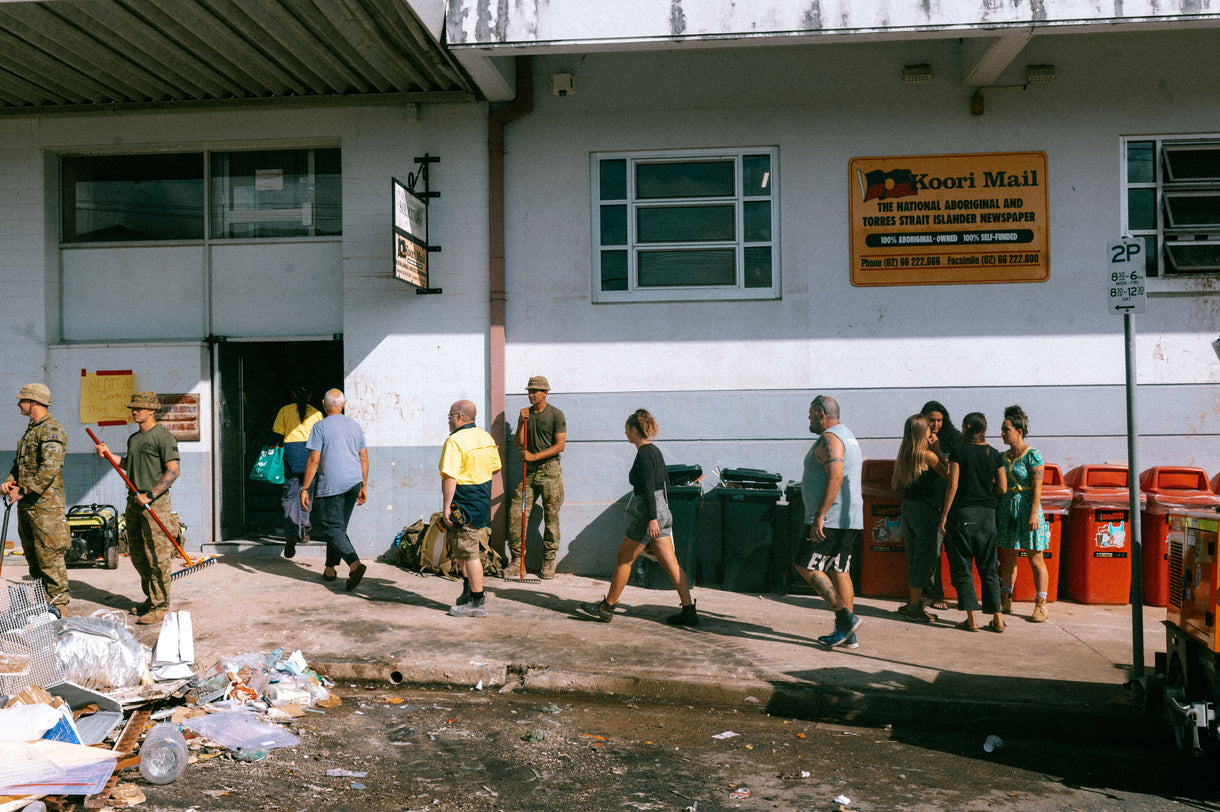Young farmers learn what it means to do essential work during a global crisis.
Ava Sonnet already knows how you’ll picture her when you find out she’s a farmer. “Tell them all farmer girls are just pale and hairy,” she giggles, arm-deep in a sack of royal purple onions. The two women working beside her dissolve into laughter.
For the record, none of them are particularly hairy, or pale. Clad in workwear and rubber gloves, hair tucked into neat braids and faces shielded by protective masks and bandanas, the women seem to radiate the same kind of fortitude that made Rosie the Riveter a cultural icon. But they aren’t seasoned farmers, hardened by years of experience. They’re members of a generation of new farmers and farmers-in-training who are learning what it means to farm during a global health crisis.
“Being a farmer now is more important than ever, especially being the next generation of farming and knowing how to sustainably do it for the future,” says fellow intern Delilah Miske, talking through a yellow bandana as she cradles a box of crops labeled with hot-pink Post-It notes. “The health of organic farming and the health of the people go hand in hand. The work feels important. I feel important.”

Rodale intern Delilah Miske follows protocol to keep customers safe during a drive-thru plant sale. All photos: Johnie Gall.
If we ever took farmers for granted, we no longer have that luxury. Ever since the coronavirus pandemic hit the United States, empty grocery store aisles and shelter-in-place orders have forced consumers to confront issues of food security and self-reliance. Suddenly, everyone seems to be panic-shopping, leading to shortages in everything from flour to chickens to CSA shares. Many are questioning—some for the first time—where our food comes from.
Large-scale industrial agriculture is often touted as the solution for feeding a growing global population, but most of the world’s food, roughly 70 percent, according to a report from the UN, actually comes from small farms and family-run operations with 25 acres or less. So while much of the country’s workforce is being asked to work remotely or being laid off as the US approaches the highest unemployment rate since the Great Depression, farmers and farm crews are being called on as “essential” workers.
“We can make a change through food even if we don’t have control over anything else, because everyone needs to eat,” says Ava confidently as she pretends to juggle a handful of onions. “The pandemic has totally fortified my passion for farming. It is essential.”
Nineteen-year-old Ava is one of seven full-time interns—the oldest is 30—living and working at the Rodale Institute. Sitting among a patchwork of fields in the southeast corner of Pennsylvania, the nonprofit Institute is a hub for some of today’s leading Regenerative Organic agricultural science, with researchers running long-term trials on everything from organic soil health to vegetable nutrient density. But it’s also a working certified-organic farm, with 333 acres that hold the institute’s labs, classrooms, pastured hog facility, apple orchards, greenhouses and crop fields. The interns are part of and live on campus as a “family unit” for nine months to get experience with seasonal growing, planting and harvesting crops. They also help run the farm’s food access program, operating a 75-person CSA (community supported agriculture) program in nearby urban “food deserts” and farmers markets, as well as an organic mobile market.
“One of the things that has fueled my passion for education is the massive gap between retiring farmers and new aspiring farmers,” says Rodale’s assistant farm manager Dan Kemper, who also acts as lead educator for the Organic Farmer Training Program. “We’re graduating farmers, not just good laborers. Now as much as ever, it’s important we don’t shy away from young people getting into a career like this.”

We might not be able to get haircuts right now, but plants can. Rodale’s interns prep more than 200 varieties of certified organic plant starts, which sometimes means giving them “haircuts” to promote leaf growth.
The Organic Farmer Training Program, launched in 2012, focuses on bringing new farmers into the fold, not just those who got a previous introduction to farming through proximity or a family business. Ava, who just graduated high school in January, actually discovered organic farming through a Google search. While some of the interns have a season or two of growing on their resumes already, others are only entering month two of their cumulative farming experience. Rodale’s office staff and researchers have been asked to work from home, but because the interns are currently living on the farm they are among a handful of people still permitted on campus to plant crops, feed animals and keep everything operational.
“The parking lot is normally full, and now it’s just empty,” says Bree Hersch, who moved from Virginia to intern at Rodale. “It’s just us and greenhouse management. We can’t help with research because the scientists aren’t here. There are no mobile farmers markets and we can’t use the company trucks, so it’s been more isolating. But we’re figuring out how to do things differently.”
Much of the farming news lately is dismal. With orders from schools, restaurants and resorts drying up, large-scale farms say they are being forced to donate or destroy thousands of pounds of fresh goods, even as grocers and retailers scramble to figure out how to meet unprecedented surges in demand. There are stories of farmers dumping fresh milk into manure pits. In Florida, fields of cabbage are plowed back into the ground. Rural farming communities, previously protected from the virus by open space and distance from largely populated cities, are experiencing new cases daily. Some migrant field workers and farm laborers are reporting sporadic access to soap and water, and many haven’t been provided with protection or proper training on how to prevent the spread of COVID-19 in their native language. On top of that, the US Department of Labor found that fewer than half of crop workers have health insurance.

Team work makes the green work at The Rodale Institute’s main campus in Pennsylvania.
Farmers have historically weathered recessions better than other economic groups because everyone’s got to eat. But the total economic cost of the coronavirus outbreak on local and regional food systems could end up totaling $1.3 billion between March and May of this year, according to a new analysis by researchers at Colorado State University and the University of Missouri. And that $9.5 billion in stimulus money that’s supposed to go to farmers? It’s up to the Department of Agriculture to distribute it among livestock producers, specialty crop producers and farmers market sellers.
As consumers scramble to try to save their favorite restaurants and bars during this pandemic, most are probably unaware that another important sector of small business—our farms—has actually been in crisis for a long time. In 2019, US farm bankruptcies hit an eight-year high. Much of that comes down to the failings of industrial agriculture—prolonged low commodity prices, ever-mounting farm debt, animal disease, consolidation—and climate change causing drastic impacts on land and water, including record flooding in the Midwest and fires in the West.
Yet for the interns at Rodale, these challenges have so far only deepened their commitment.
“I started out in earth and environmental studies, and it was cool, but it came down to looking at rocks and dirt,” laughs Thuy Tong, an intern from Montclair, New Jersey. In glasses, a nose ring and flannel shirt, she looks the part of scholar-farmer-punk, sartorially speaking. “I didn’t want to study hard science forever, so I went into sustainability science, but then I realised it was entirely business-based and very corporate. As I went through that major, I realised there’s no ethical consumption under capitalism, and I finished that degree with a lot of resentment. So I was like, ‘What is the most radical thing you can do as a young woman who wants to make change? I’ll become a farmer.’”
It’s nearly impossible to ignore the parallels between this public health crisis and the plight of our planet. Whether it’s a virus or the effects of climate change, compromised communities end up suffering the most. The health of the individual affects the health of the whole, and ways in which we respond to COVID-19 say a lot about how we’ll grapple with the fallout of a climate crisis.
“I kind of think it’s good to be trained in the worst-case scenario,” Dan says, watching his team manage the line of cars rolling through the farm’s parking lot to collect crops, looking only marginally nervous. (“Maybe I’ll turn around so I’m not watching it,” he laughs, sidestepping me to face the greenhouses instead.) “The interns dealing with new precautions and workload, being quarantined in the housing here and having to deal with cabin fever … these are the fires that forge you and make you a more intense grower, someone who can take more punishment throughout the years. Because farming can be punishing.”
The word du jour for small-scale organic farmers is “pivot.” The Ecology Center in San Juan Capistrano launched special “Resilience Boxes” and doubled its capacity for farm-share members in order to feed more families, offering curbside pickup and no-contact home delivery of its produce and farm-fresh goods. Moon Valley Farm in Maryland added a delivery truck to its operations and now offers CSA shares “à la carte,” complete with online checkout and recipe ideas. Oregon-based Local Food Marketplace, a software platform for farmers, is adding some 10–20 new users a week (they normally onboard 50 per year). Younger farmers are proving they can swiftly adapt and meet people where they’re at right now: though anecdotal, Rodale says there are reports coming from all corners of the country that CSA shares and farm stands are selling out as more people discover their local farms.
“Those of us taking on farming are doing it in a way that reaches more people,” Rodale intern Delilah explains. “It doesn’t feel like farming is only for the middle of nowhere—it can access all types of people from all different communities. A lot of the small businesses opening up are run by younger people, so it feels like my generation is helping rebuild small-scale community systems. Even if we have limitations with this pandemic, it feels like the beginning of a progressive movement toward local food sources.”

Rodale intern Bree Hersch gets her hands dirty during her daily chores around Rodale’s main farm campus – kind of.
How to Support Farmers During a Pandemic
According to Rodale, the best way to support local, organic farming right now is to seek out farmers who may be trying to open online stores or offer delivery services to meet direct-to-consumer demand.
“You can see here we’re using masks, gloves, putting things in people’s trunks—all the other farms around here are following those safety protocols, too. We just have to keep going through whatever hoops farmers need us to for now,” Dan says. “I think the best way to know where your food is coming from is to get to know your farmer, and now is a good time for that.”
Shop the Market
Many councils have deem farmers markets as essential businesses. Look for farmers markets that offer drive-thru pickup or other changes to keep customers safe.
Order Direct
Many small, organic farms are offering delivery or pickup of produce and pastured meats. Patagonia Provisions has expanded its offering to include shelf-stable items that support many small Regenerative Organic farms.
Start a Garden
During World War I and II, the victory garden movement called upon people to grow food to take the strain off the centralised food system. Now might be the right time to start that garden you’ve dreamed about. Many farms are still selling seedlings, garden templates and even webinars on the basics of organic farming to get you started.
____________________________________________________________________
Author Profile

